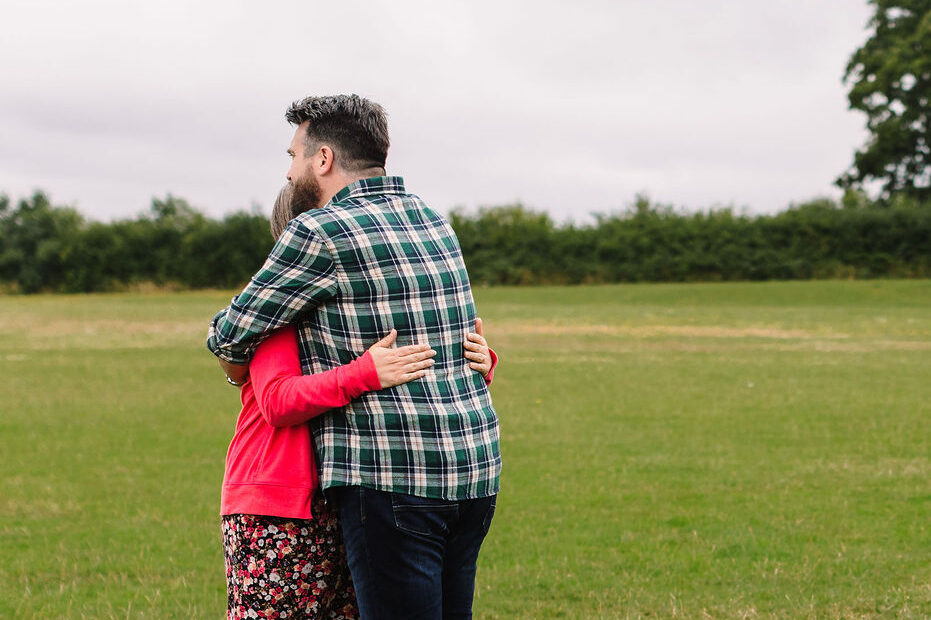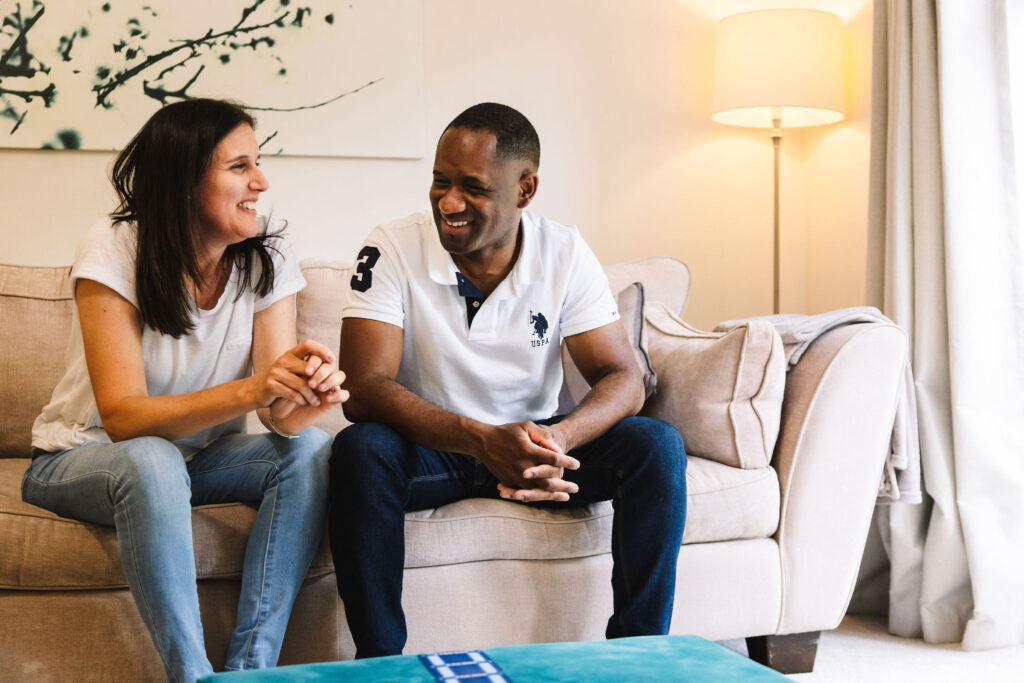> Youth hubs
Youth and youth hub support
Adolescence is the second most significant period of brain development after the early years. This means big emotions, big behaviour and big opportunity to help the brain rewire for longer term emotional wellbeing and resilience.
Togetherness resources and training can help equip youth services to nurture emotional health at the earliest opportunities.

Processing emotions
Violence and aggression in teenagers and young people can arise from difficulty in processing emotions. As the brain reshapes during adolescence, it’s common to become impulsive, thrill-seeking or overwhelmed by emotions such as anger, unable to stop and think rationally. For those who have experienced their own trauma or who have not been supported to understand and manage emotions in their early years, this can be more significant: it can result in their brain being wired up to be hypersensitive to threat and to be very reactive.
Therefore, the right emotional health support for young people is critical.
Togetherness for young futures and youth support
Togetherness offers an evidence-based approach to understanding emotional wellbeing. The range of training, resources and learning tools designed by the clinical psychologists behind the approach provides a holistic package for Youth Hubs and Young Futures support to ensure young people can thrive as emotionally aware, resilient people throughout their lives.
Practitioner training
Togetherness training provides a foundational model for staff working with families. It introduces childhood development and psychoanalytic theory in an accessible way to build practitioners’ confidence in their ability to deliver appropriate and effective support to families. Foundation training can be built on to cascade training across a workforce and deliver workshops using supporting materials.
2 day foundation training
Foundation training for teams
Workforce development to support a healthy culture and ensure impact from understanding the model
Preparing to deliver Togetherness parent group workshops
Additional training on trauma, brain development and attachment
Facilitated parent group workshops
Understanding your child’s behaviour, an established face-to-face programme recognised by the Early Intervention Foundation, now Foundations, is proven to significantly improve children’s prosocial behaviour. Developing parents’ knowledge and understanding of their children’s development, needs, behaviour and communication in a supportive environment has life-changing results for families. An adapted pathway is also available for parents of children with additional needs.
The pathway content is also designed to appeal to fathers and can be run for mixed groups or fathers’ groups, given the importance of male role models in managing impulses and anger.
Workshops for parents of adolescents
Short, two-hour workshops for parents of teenagers or preteens introduce information on the rapid brain development during adolescence and what that means for behaviour and parental support.
For teenagers and young people:
Online learning on adolescence
Togetherness hosts online learning pathways for teenagers, accessible anytime or as part of a group workshop. Understanding your brain: (for teenagers only!) is designed to help young people understand how their brain changes in adolescence and how this can affect their relationships, their feelings and their emotional wellbeing.
Understanding your feelings: (for teenagers only!) aims to help teenagers understand their strong emotions and how to process them, including anger.
For parents:
Understanding your child or teenager
Online learning pathways include expert-led resources and personal reflective learning about childhood development, adolescent brain reshaping and emotional wellbeing, including specialist-tailored information on mental health and additional needs. Many of the courses are also professionally translated into community languages.
Classroom courses for secondary school adolescents
A nine-lesson course designed to support relationships, sex and health education (RSHE) provides information on adolescent brain development and introduces parenting principles. The lesson series is designed to encourage young people to think about their emotional wellbeing, relationships, and what it means to parent. It also provides detailed practical information about preparing to welcome a baby. The course is designed to be offered by trained school staff supported by a dedicated workshop manual and resources.
Further online learning

Understanding your own trauma
Trauma can impact many aspects of behaviour. This online learning pathway is an effective tool for understanding and processing trauma whether personally or supporting others.

Understanding your relationships
This online learning pathway for adults focusses on relationships, including communication and emotions. It emphasises processing anger and conflict.
